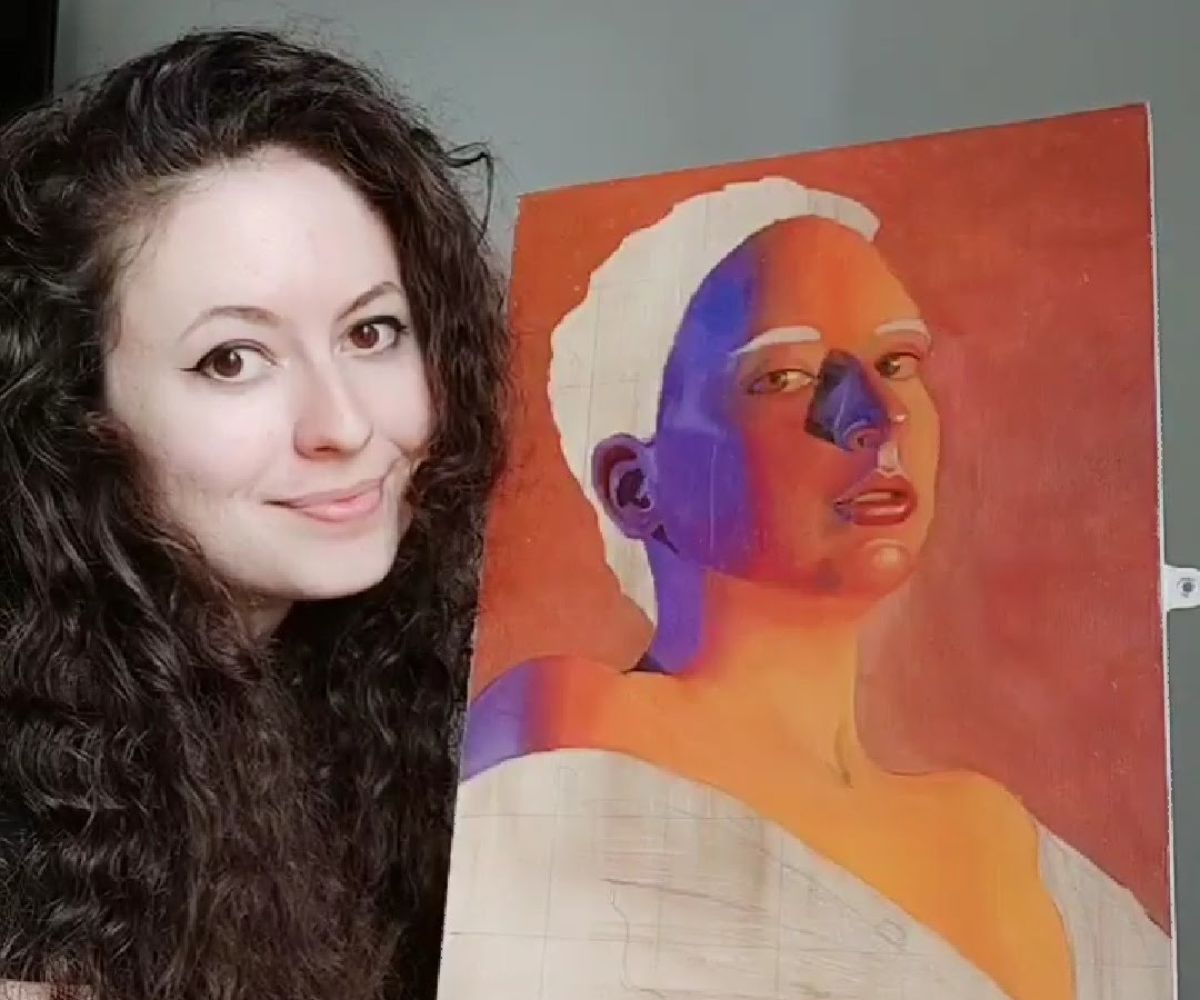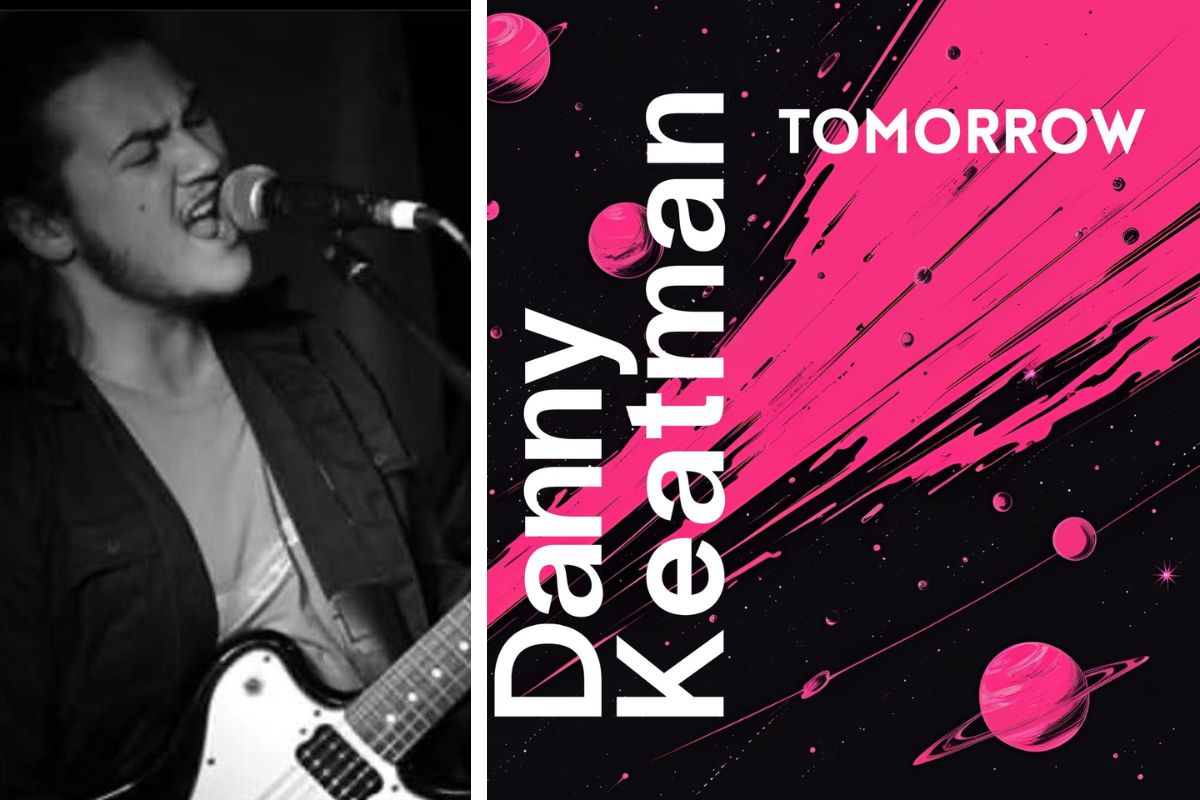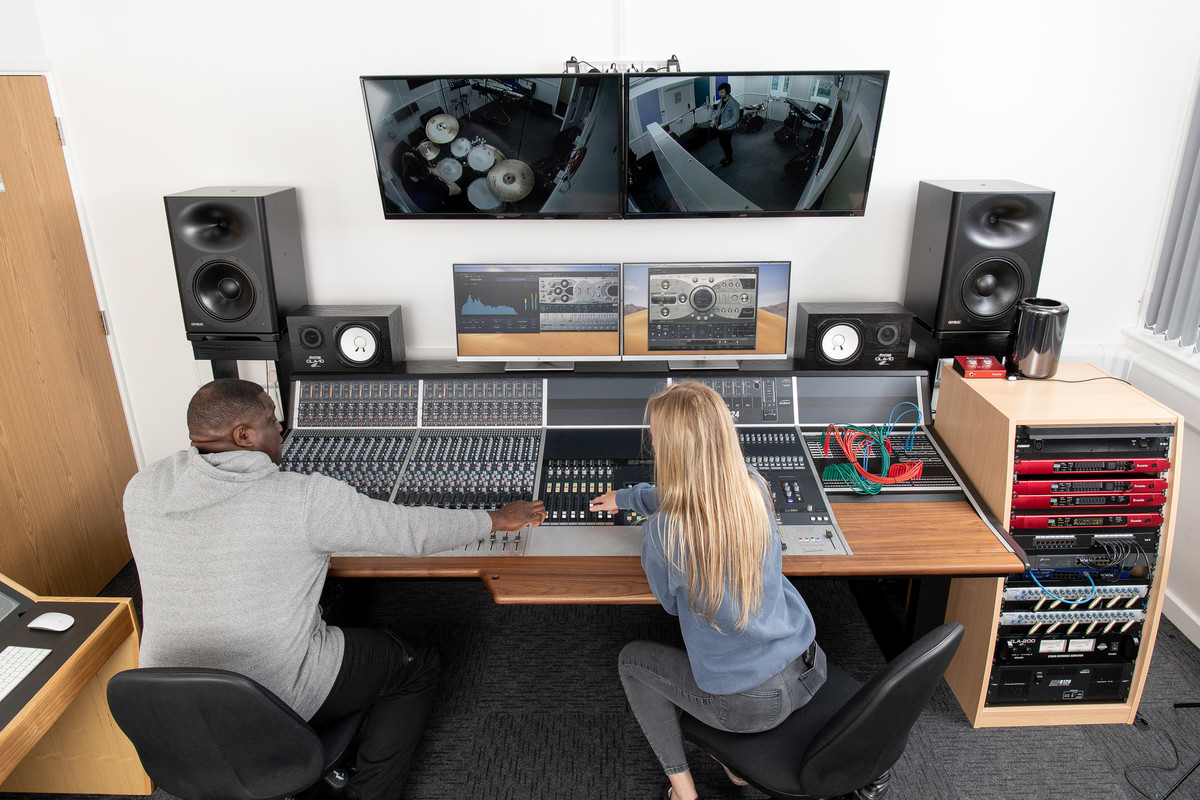104UCAS Points
|
UCAS Tariff |
104 points |
|
GCE A Level |
Typical offer – BCC |
|
BTEC |
BTEC Extended Diploma: DMM |
|
International Baccalaureate |
28 points |
|
Irish / Scottish Highers |
Irish Highers - H3 H3 H3 H4 H4 Scottish Highers - BBBB |
|
Access requirements |
Access to HE Diploma, to include 45 credits at level 3, of which 30 must be at Merit or above |
|
T Level |
Pass (C or above on the core) |
|
OCR Cambridge Technicals |
OCR Extended Diploma: DMM |
|
Extra Information |
Welsh Baccalaureate Advanced and A level General Studies will be recognised in our offer. We will also consider a combination of A Levels and BTECs/OCRs. We accept the UAL Level 3 Extended Diploma. Applicants will be required to attend an audition. ABRSM Grade 8 or equivalent on your instrument (or voice), and the ability to read music, would be preferred. Do not let this put you off applying; reading music is not essential and if you don't have grade 8 we will probably still offer you an audition. Candidates who do not meet the minimum entry requirements, or who have non-standard qualifications and relevant music experience, are encouraged to apply and will be considered if they can demonstrate appropriate ability through their audition. |
Students from countries outside the UK are expected to have entry qualifications roughly equivalent to UK A Level for undergraduate study and British Bachelor's degree (or equivalent) for postgraduate study. To help you to interpret these equivalents, please click on your country of residence to see the corresponding entry qualifications, along with information about your local representatives, events, information and contacts.
We accept a wide range of qualifications and consider all applications individually on merit. We may also consider appropriate work experience.
English Language Requirements
- IELTS Academic: Undergraduate: 6.0 (minimum 5.5 in each band)
- Postgraduate: 6.5 (minimum 5.5 in each band)
For more information on our entry requirements, please visit International Entry Requirements.















